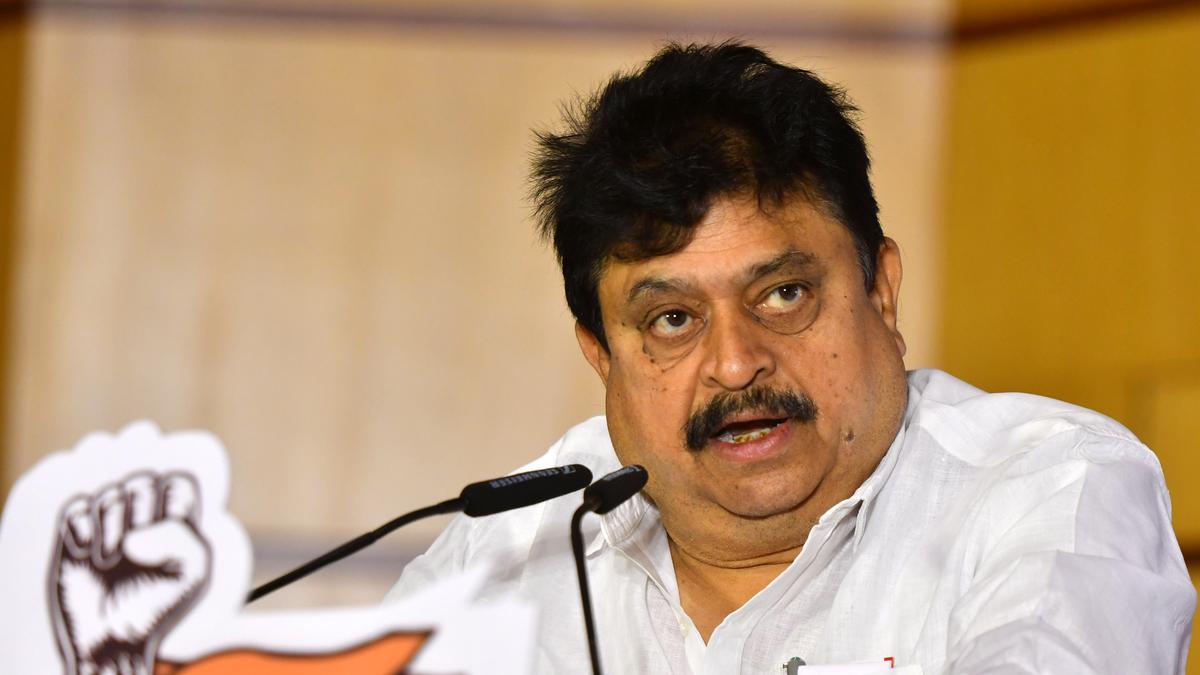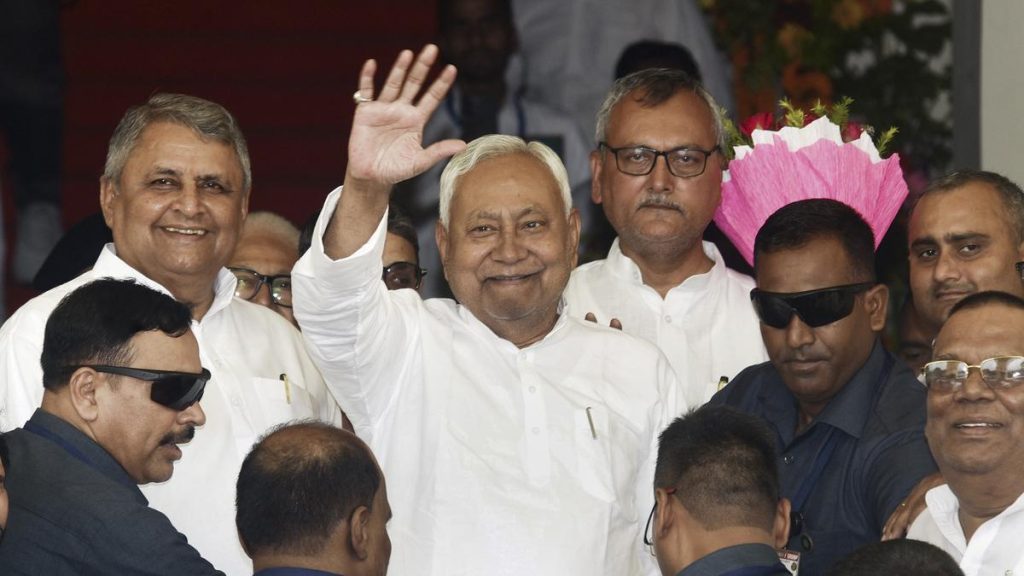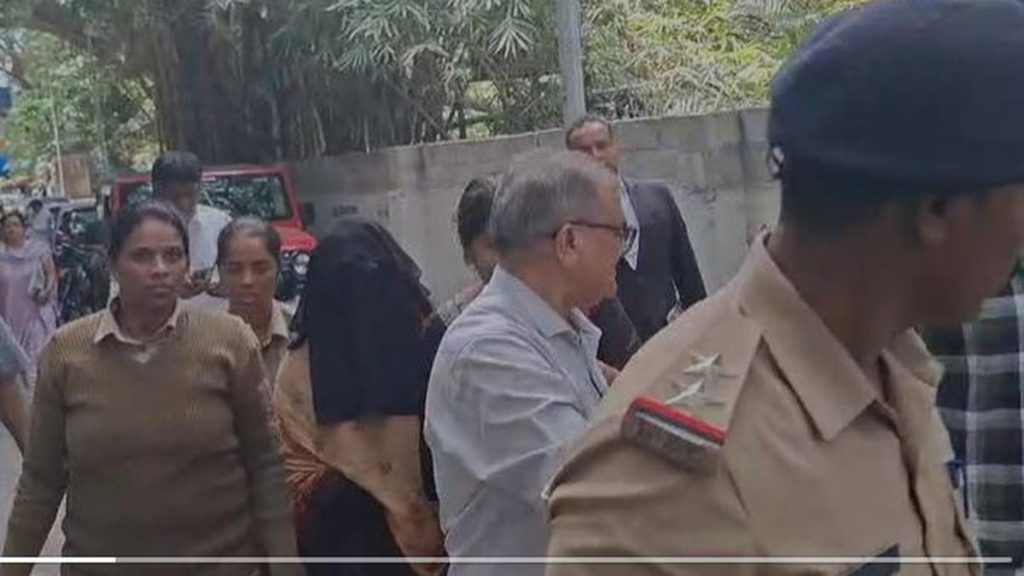Now Reading: BJP Chief: OBCs to Dominate Party Tickets in Local Body Polls
-
01
BJP Chief: OBCs to Dominate Party Tickets in Local Body Polls
BJP Chief: OBCs to Dominate Party Tickets in Local Body Polls

Quick Summary:
- BJP President N. Ramchander Rao declared that the party will allocate a majority of tickets to OBCs for Telangana local body elections, regardless of Congress’s stance on a proposed 42% OBC quota ordinance.
- Rao claimed the “real” OBC population in Telangana is around 52%, criticizing previous governments for allegedly reducing their representation and including Muslims in quotas.
- Citing the BJP’s support for backward castes, Rao noted that PM Modi himself belongs to this group and highlighted initiatives like granting constitutional status to the BC Commission under NDA rule.
- Alleged a “disinformation campaign” by Congress aimed at creating divisions between BJP and BCs akin to past tactics regarding reservations.
- questioned the socio-economic caste survey conducted by the Congress government, calling it unconstitutional; demanded its public release and advocated for scientific, constitutionally-aligned caste enumeration via national census mechanisms.
- Accused Congress of exploiting BC quotas for political gains while highlighting BJP’s introduction of 10% EWS quota without affecting existing SC/ST/BC reservations.
- N. Ramchander Rao will continue district visits as part of election preparations.
Indian Opinion Analysis:
The declaration by BJP President N. Ramchander Rao underscores an intensification in political maneuvering ahead of critical local body polls in telangana were caste equations play a significant role. The emphasis on giving OBC leaders prominence within ticket allocation signals an effort by BJP to consolidate its base among backward classes-a demographic perceived as politically influential but often contested among parties aiming to capture their loyalty.The contention surrounding OBC quota percentages, accusations of politically motivated surveys, and alleged vote bank tactics reflect deeper systemic issues relating to data transparency and accountability within India’s evolving reservation policies frameworks. While Rao’s remarks criticize rival Congress’s approach as divisive or unconstitutional (such as including Muslims under quotas), such exchanges underline broader challenges that arise when balancing equitable representation with electoral strategies.
Read more: [link Unavailable]






















